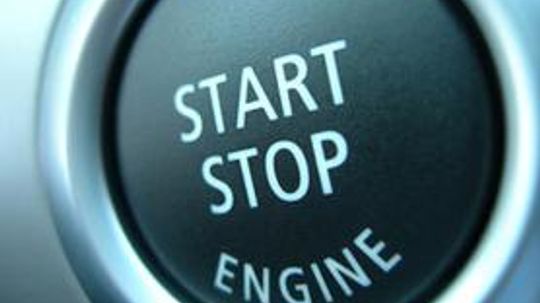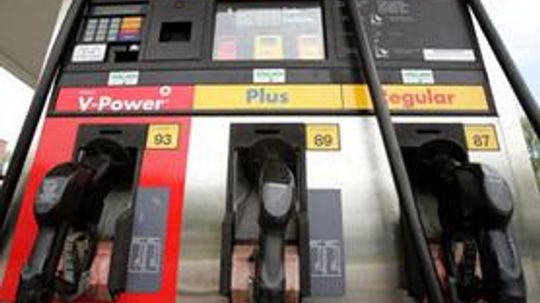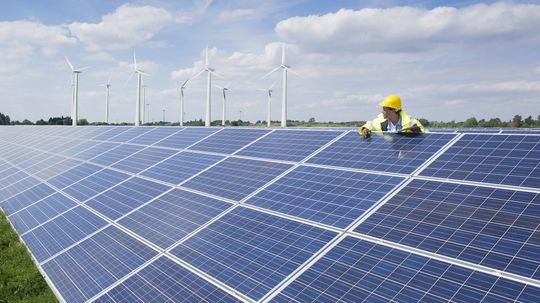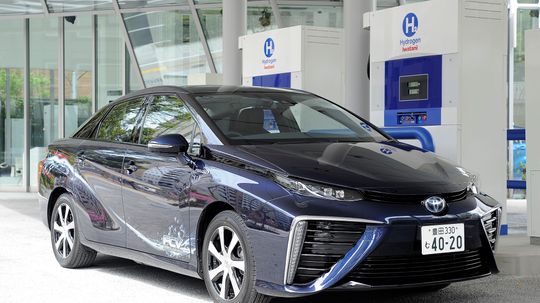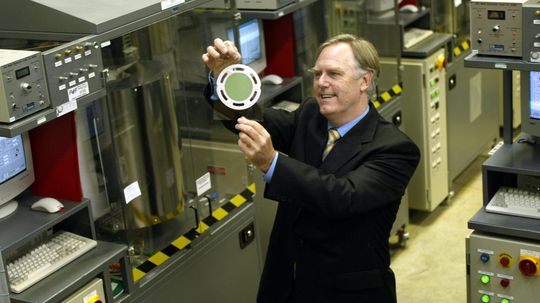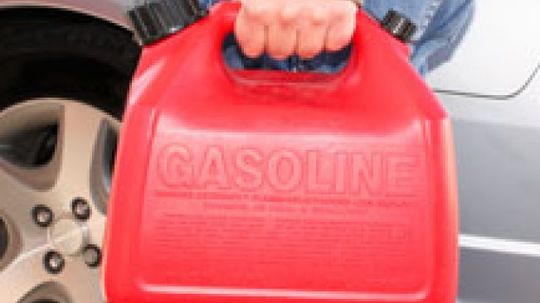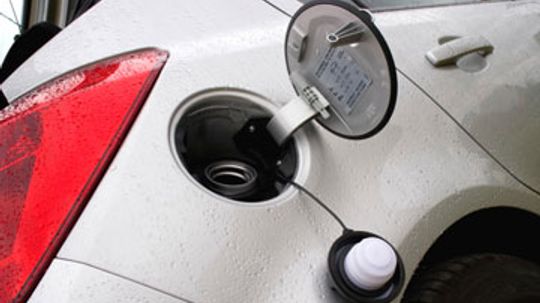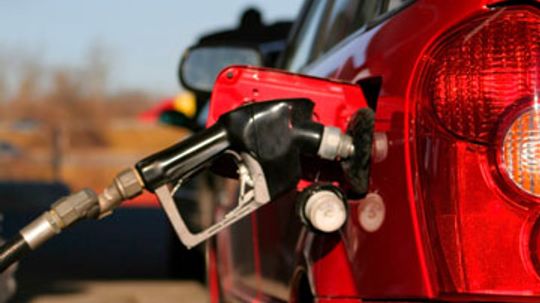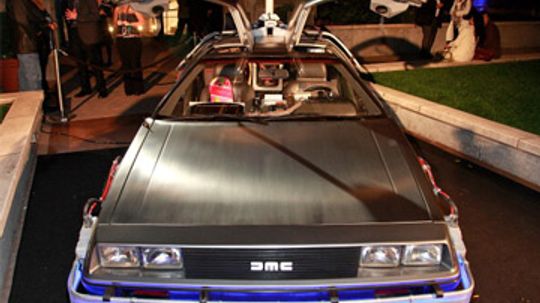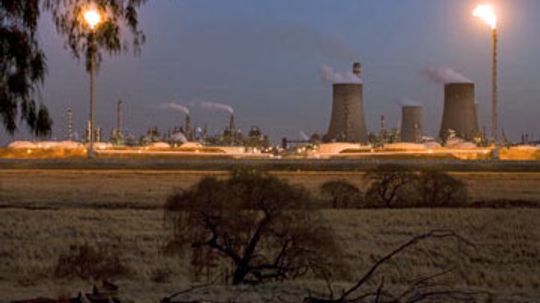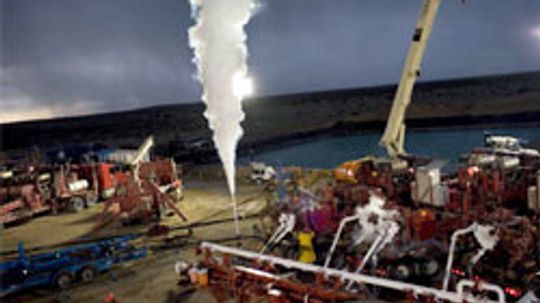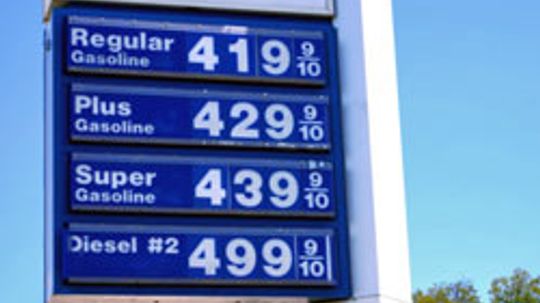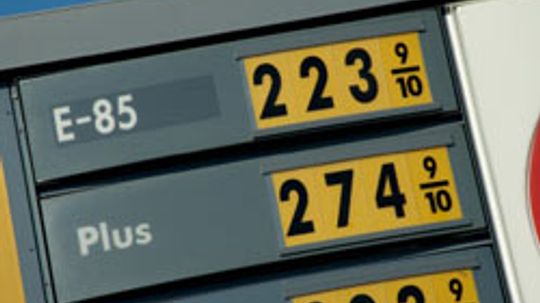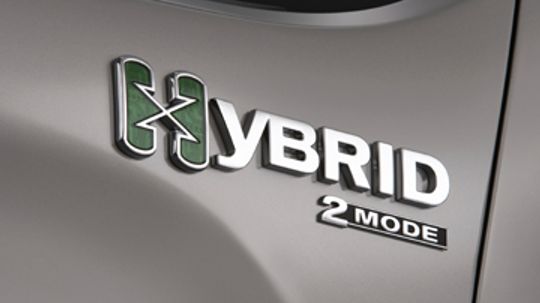Fuel Efficiency
Fuel efficiency has become an extremely important topic in today's world because of rising gas prices, the need to cut our carbon footprints, and the need to cut dependence on oil-rich nations. Check out these great articles on fuel efficiency.
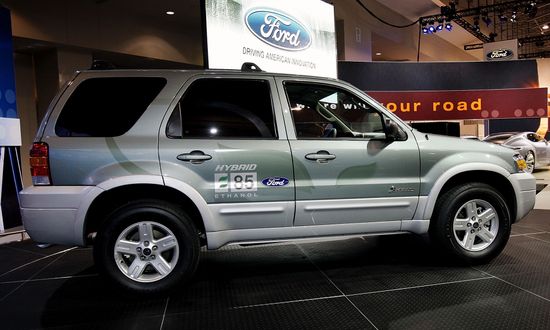
Is Ethanol Bad for Your Car?
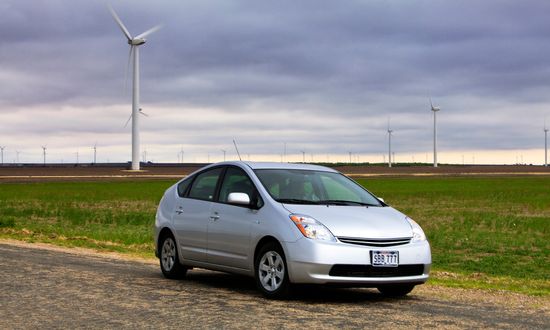
How Carbon-neutral E-fuels Work

How Plant-microbial Fuel Cells Work

Sweet Sorghum: The Sweetest Fuel You'll Ever Taste!

How Algaculture Works

What's the process to convert wine into fuel?
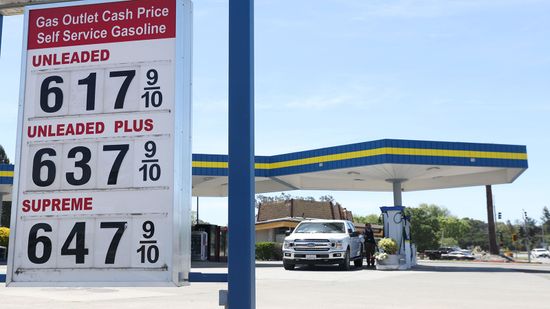
Why Is Gas So Expensive at Certain Times of Year?
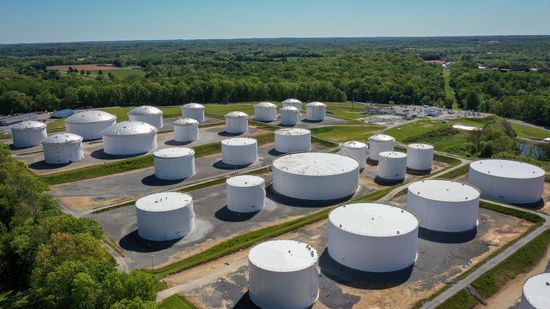
Summer-grade Versus Winter-grade Fuel
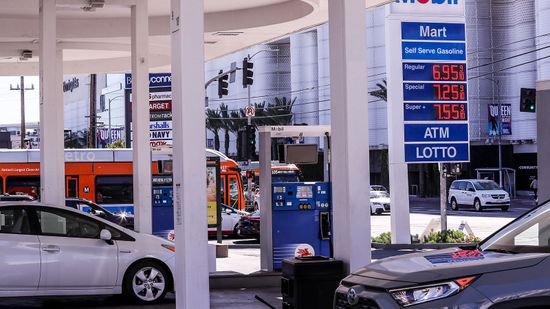
What's the Most Americans Have Ever Paid for Gas?
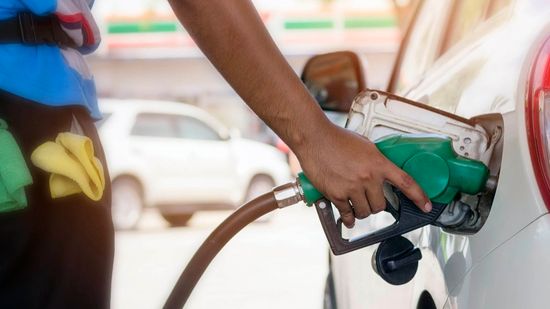
Is It Bad to Drive Without a Gas Cap?
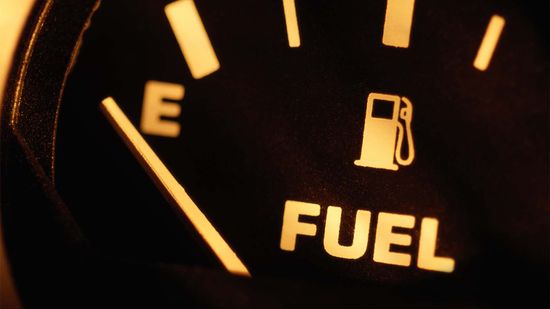
Running on Empty? How Bad Is It for Your Car?
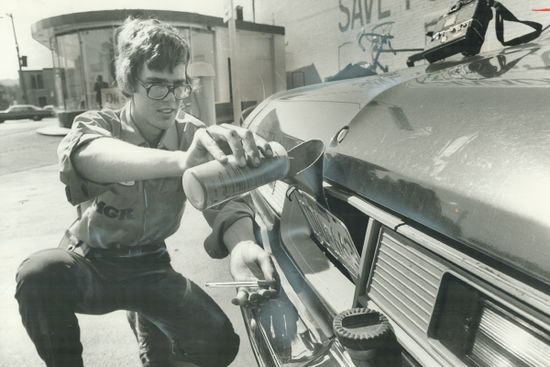
Do fuel additives really do anything?
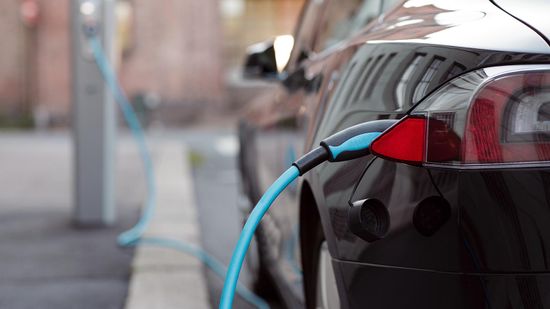
5 Outdated Myths About Buying and Owning Electric Cars

Rivian Aims to Change the EV Industry One Pickup at a Time
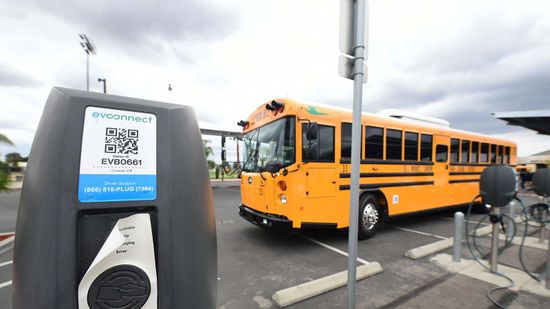
Why You Want Your Kid's School Bus to Be Electric
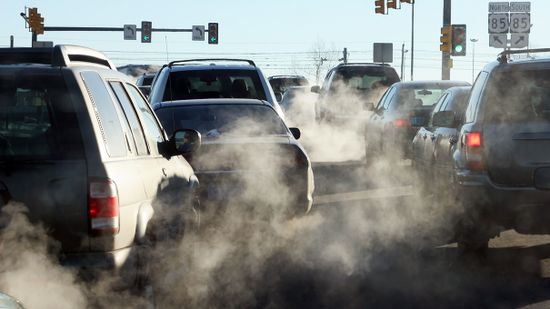
Love It or Hate It: Stop-start Technology Is Here to Stay
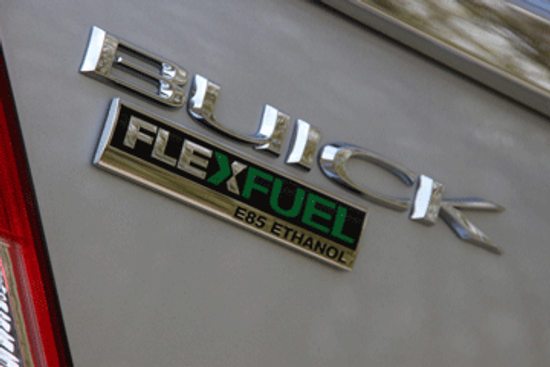
Flexible Fuel Technology: Flex Engines
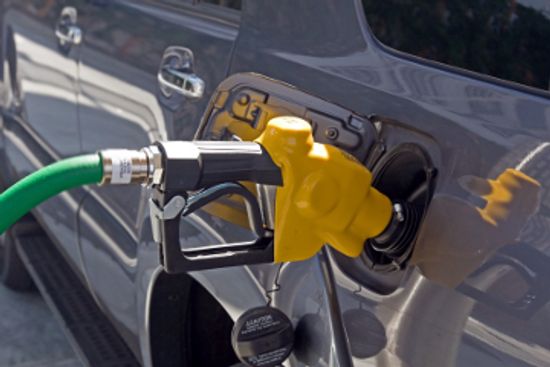
How Flex-Fuel Vehicles Work
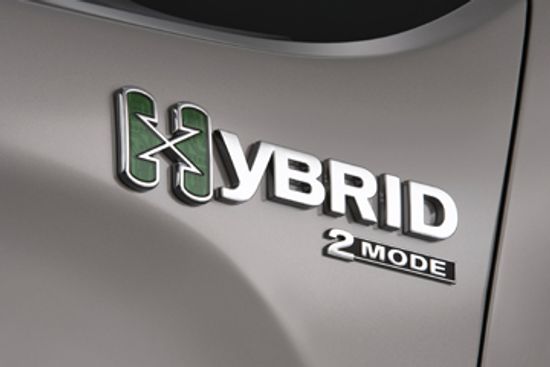
Why would someone want to steal the hybrid badge from my car?
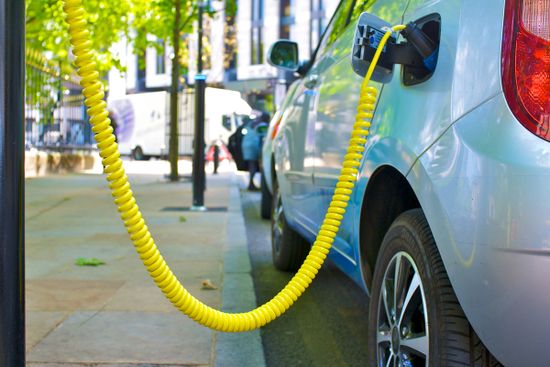
Top 10 Alternative Fuels on the Road Right Now
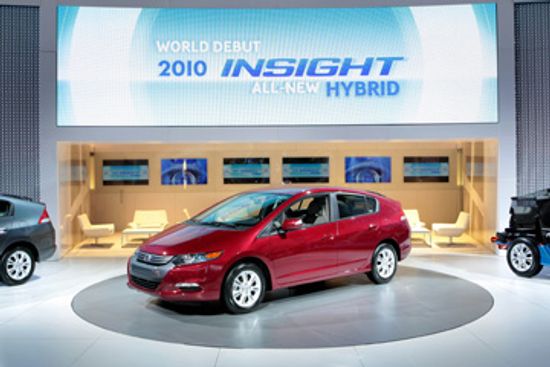
Do hybrid cars get power through kinetics?
Learn More / Page 4
Turn off your engine can help the you go gree nand save on gas. Learn more in this article.
What to save gas? Follow that truck! Learn in this article how you can save gas by following behind large trucks.
Why fuel additives won't improve performance and gas mileage. Learn why fuel additive won't improve proformance and gas mileage in this article.
Advertisement
Fuel cells run on hydrogen, which has a low ignition point. Learn about the safety concerns of fuel cells in this article.
All fuel cells require hydrogen to work. Learn more about a hydrogen fuel reformer from this article.
Why aren't fuel cells more common? Learn about whether the cost of fuel cells is a major problem in this article.
For as long as we've complained about gas prices, there's been an army of inventors offering devices to stretch our mileage further. But which ones work and which are hoaxes?
Advertisement
Mileage-boosting gadgets have been around for years, and they seem to make a comeback every time gas prices spike. But do any of them actually work?
Fuel prices are on the rise, and with gas getting so costly, those fill-ups are no trivial expense. What can you do to help your vehicle save fuel?
Not only can gassing up the car get expensive, but driving is also not so hot for the environment. What are the best ways to save fuel?
Many countries are using more diesel fuel for a variety of reasons. Learn whether diesel fuel is good for the environment from this article.
Advertisement
Powering cars with our leftover solid waste. Sounds a little far-fetched, right? Well, it turns out that we're actually pretty close to being able to power cars on garbage like banana peels and beer.
Synthetic fuels, aka synfuels, could be one of the solutions to solving the energy crisis. But what exactly are they and how are they produced?
By Matt Sailor
There may not be a magic bullet to solve the energy crisis, but synthetic fuels offer some advantages -- and drawbacks -- when compared to conventional fossil fuels. Find out about the different types of synthetic fuels and how they're processed.
By Matt Sailor
Switching the world's energy consumption to biofuel makes good sense in some aspects, but the biofuels most likely to be produced on a large scale carry significant drawbacks. What are some of the economic disadvantages of biofuel?
Advertisement
"Biofuel" is a major buzzword in transportation circles these days, and for good reason. However, biofuels, and the process of integrating them into our fuel use habits, can be costly. What are some of the drawbacks of biofuels?
As gas prices continue to rise and global warming becomes more pervasive, more people are using biofuels as a way to save money and decrease their consumption of fossil fuels. And while they're definitely not perfect, they have many advantages over types of fuels.
By spring of 2011, the leading international standards board is expected to approve a biofuel for use in jet engines. But is biofuel really a reasonable alternative for jet fuel?
Algae could one day be the answer to our dependence on fossil fuels. Why? Because it can be converted into oil via several different methods that are relatively inexpensive and safe. Read just how it happens here.
Advertisement
Scientists are focusing a lot of research -- and money -- on biofuel technology. The good news is the fuels are out there and in general, they're sustainable and better for the environment than fossil fuels. But they still have their downfalls, one being they're still expensive to produce. Read on to find out more about five of the "cheapest" biofuels.
The gasoline and petroleum-based diesel fuels that power most of the world's automobiles are fairly far removed from anything safe to consume, but that's changing. What are some of the most common edible biofuels?
Biofuels -- or fuels made from plants like wheat, corn, soybean and sugarcane -- burn clean, release fewer pollutants and greenhouse gases, and are sustainable. Could these "energy crops" really be the end to our addiction to fossil fuels like oil?
Since many popular biofuel crops are also commonly used as staple foods, critics of biofuel mass production warn that a spike in crop demand for biofuel could overload agricultural capacity. But is this a verifiable threat?
Advertisement
It takes a lot of energy to slow or stop a car. And now a few engineers and technology companies have found a way to gather up that wasted energy. So how much can they collect and what can it be used for?
Theft is senseless, right? Well, if that's the case, then why would someone want to steal the hybrid badge from your car? The answer (or should we say, answers?) may surprise you.
